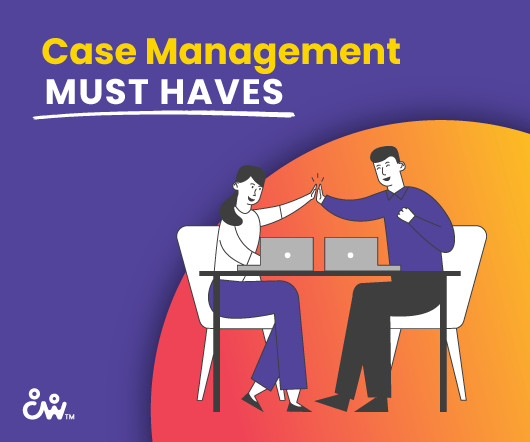037- Dialectical Behavior Therapy Tools You Can Use With Any Client
Counselor Toolbox podcast
JULY 28, 2016
Many clients struggle with managing their emotions and resulting behavioral reactions. DBT skills of distress tolerance, emotion regulation and interpersonal effectiveness can be used to assist virtually any client in improving their reactions to distressing events. Many clients struggle with managing their emotions and resulting behavioral reactions.












Let's personalize your content